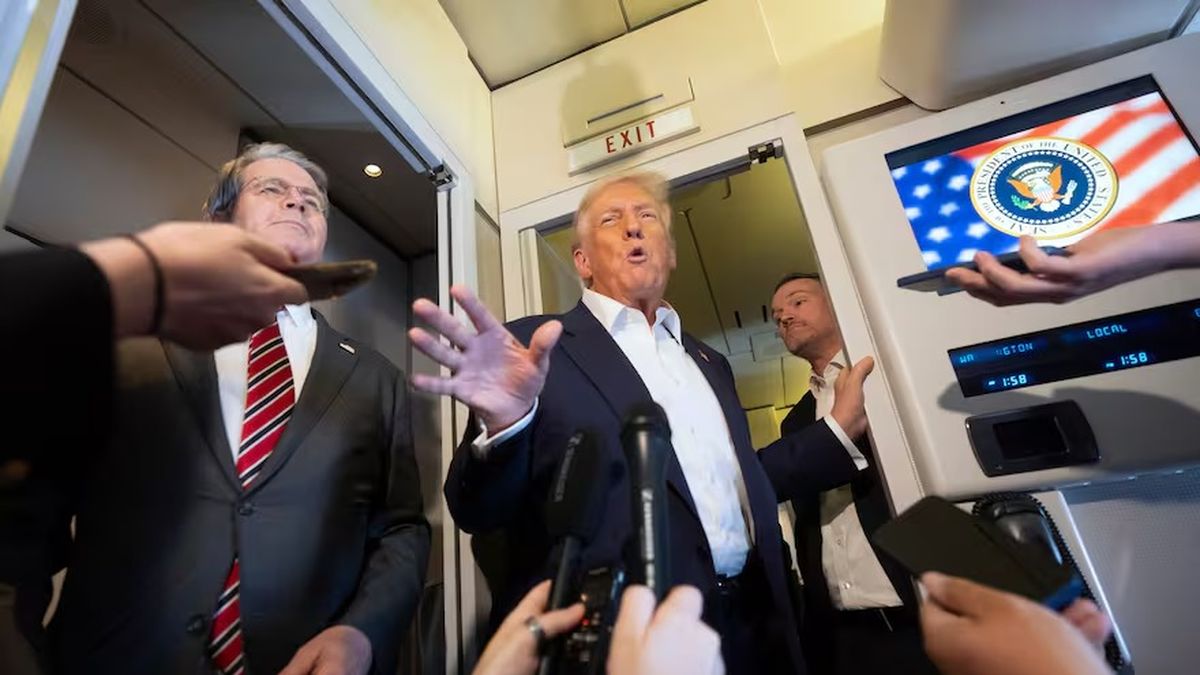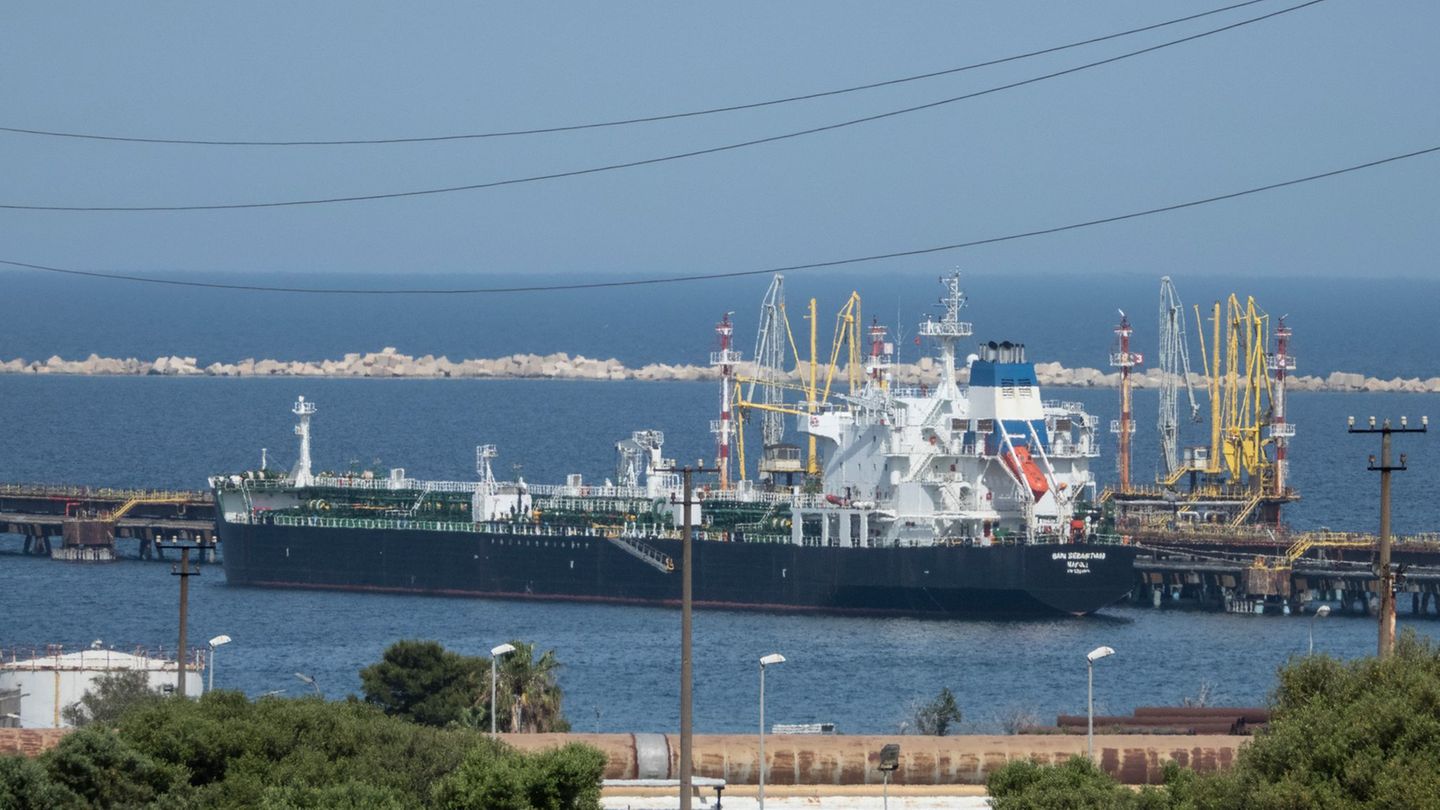Elections will take place in North Rhine-Westphalia on Sunday. A new edition of the black-yellow coalition is also considered unlikely because of the weakness of the FDP. The most important key data at a glance.
North Rhine-Westphalia has long ceased to be the “homeland” of social democracy. The SPD and CDU have alternated in government in recent electoral periods. A CDU/FDP coalition has governed the most populous federal state since 2017.
A new state parliament will be elected on Sunday (May 15). The race is completely open. The CDU and SDP are neck and neck in polls. The election in North Rhine-Westphalia is also known as the “small federal election” and is considered an important test for the federal parties.
The facts
Around 13 million are entitled to vote in the most populous federal state. About 786,000 are first-time voters. 29 parties are allowed to vote with state lists. The state parliament is elected for five years. A total of 1,375 people are applying for a seat in the state parliament.
The suffrage
Each voter can put two crosses on the ballot paper. The first vote determines the direct mandate in the constituency. The state list of a party is elected with the second vote. There is a five percent hurdle. At least 181 MPs are elected for five years – 128 of them as direct candidates and 53 via the state lists. All Germans who have reached the age of 18 on election day and have lived in NRW since at least April 29, 2022 are entitled to vote.
the initial situation
Five parliamentary groups are currently represented in the state parliament. In 2017, a total of 199 MPs moved into the NRW parliament due to overhang and compensation mandates. A CDU/FDP coalition replaced the red-green coalition and has a majority of just one vote.
The CDU won the 2017 election with 33 percent ahead of the SPD (31.2 percent). The FDP came third with 12.6 percent – followed by the AfD, which entered the state parliament for the first time with 7.4 percent. The Greens plummeted to 6.4 percent in 2017. In the AfD, three MPs have now left the parliamentary group and are non-attached.
The staff
The CDU sends Prime Minister Hendrik Wüst (46) into the race. The former state transport minister only took over the post at the end of October from Armin Laschet, who had failed as a candidate for Union chancellor. SPD challenger is state party and faction leader Thomas Kutschaty (53), who was state justice minister under Red-Green. Greens top candidate is state party leader Mona Neubaur (44). Family and Refugee Minister Joachim Stamp (51), who is also Vice Prime Minister, is starting for the FDP. The AfD’s top candidate is parliamentary leader Markus Wagner (57).
The election campaign
While the topic of Corona receded into the background, the Russian war of aggression against Ukraine recently shaped the election campaign. Energy security and the phase-out of coal, inflation and increased fuel and energy prices as well as climate change are the major issues alongside school policy, internal security and affordable housing. The resignation of Environment Minister Ursula Heinen-Esser (CDU), who celebrated with members of the government in Mallorca a few days after the flood disaster in July 2021, no longer played a role in the final sprint of the election campaign.
The polls
The evening of the election should be exciting, because numerous polls in recent weeks predict a very close race between the CDU and SPD. Most recently, the surveys of various opinion research institutes saw a small lead for the CDU. The Christian Democrats could therefore come to 30 to 32 percent and the SPD to 28 to 29 percent. The Greens are in polls at 16 to 18 percent and could achieve their best state election result. The FDP could only count on 6 to 8 percent, the AfD with 6 to 8 percent. With around 3 percent, the left would still miss entering the state parliament.
The options
A new edition of the black-yellow coalition is mathematically unlikely, also because of the weakness of the FDP. But there are several options for the next state government. According to surveys, in addition to a rather unpopular grand coalition of CDU and SPD, a black-green alliance or a Jamaica alliance of CDU, Greens and FDP would be possible. The SPD could also form a traffic light coalition with the Greens and FDP, as in the federal government. According to individual surveys, it could also be just about enough for a red-green majority.
Prime Minister Wüst would like to continue governing with the FDP, but the Liberals, like the Greens, are keeping all options open. Given their strength, the Greens could become the “kingmaker” in the formation of a government. SPD top candidate Kuchaty can imagine the formation of a traffic light coalition like in the federal government.
Source: Stern
David William is a talented author who has made a name for himself in the world of writing. He is a professional author who writes on a wide range of topics, from general interest to opinion news. David is currently working as a writer at 24 hours worlds where he brings his unique perspective and in-depth research to his articles, making them both informative and engaging.




